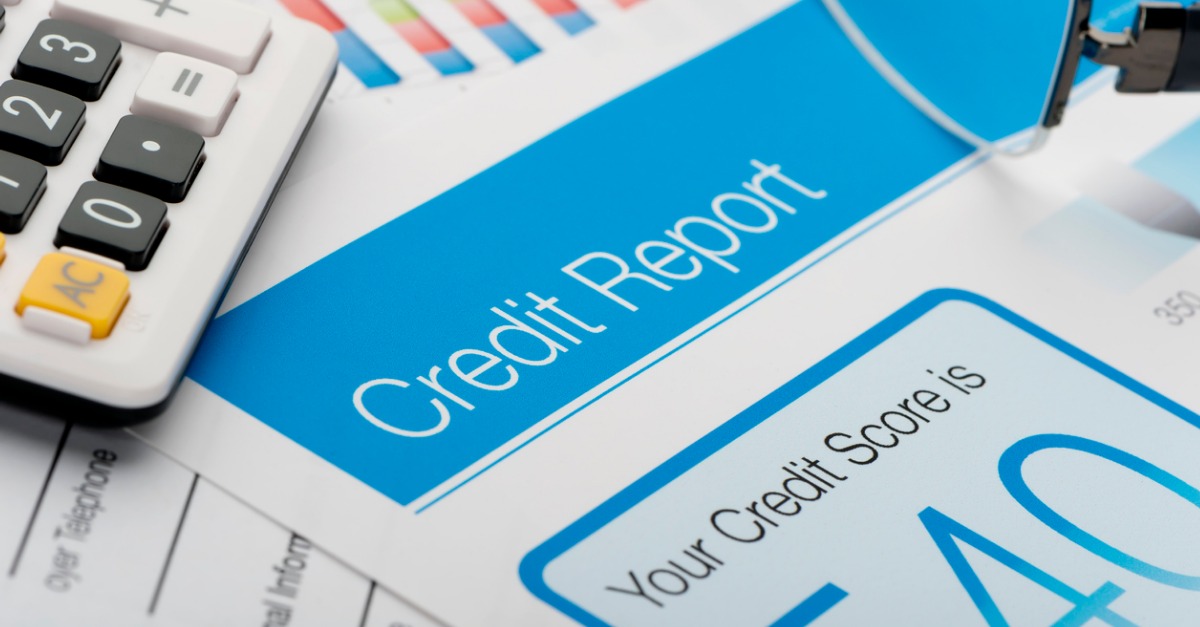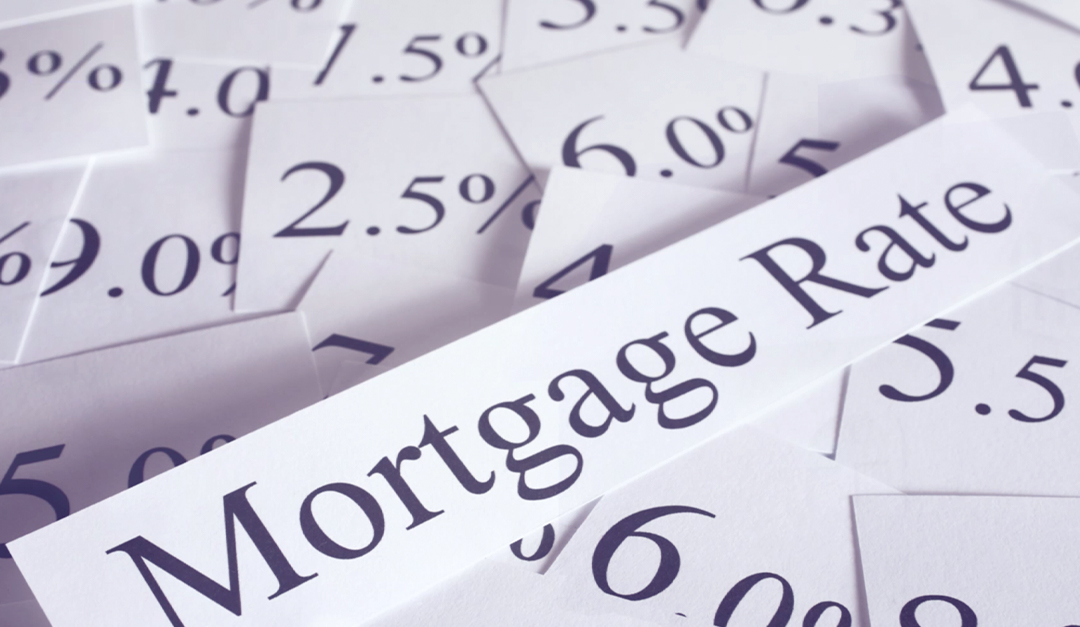The benefits of homeownership are many, but it may seem out of reach if you spent your ’20s living off credit cards. Now that you’re at a place in your life where you want to buy a home and you feel you have the job security to do so, the issue stopping you might just be your credit score. Here’s what you can do to get yourself into a home if your credit isn’t where you want it to be.
Work to improve your credit score. This should be priority number one. As much as you might want to start looking for a home today, it will pay to wait a year and take the time to improve your credit score first. It’s easy to get your score up if you pay your bills on time and resolve any outstanding credit card debt or collections issues, so take care of those and you’ll start to see your score rise. Additionally, it will continue to rise if you set up automatic payments to your cards so the full amount is paid on time every month.
Request your credit report. If your score seems incredibly low and you’re not sure why, it’s a good idea to ask for a copy of your full credit report (rather than just the score). Mistakes do happen, and if you find an error on your report, you can get it cleared up and your score will improve with it.
Explore your options. If your score is in the 600-700s or higher, you will most likely be able to secure a mortgage with an A-class lender. But if it’s lower than 600, you may need to find an alternate mortgage provider than the typical big bank route. B-class lenders, often called ‘subprime’, work with those with lower credit scores.
You can also consider asking your parents or relatives to be co-signers on the loan, which will put them at as much risk as you, so they will need to trust you completely before signing on the dotted line.









